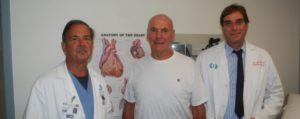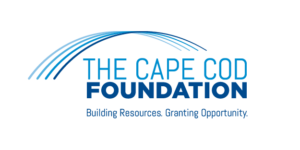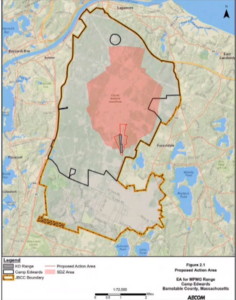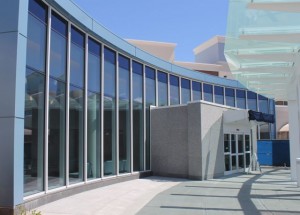 HYANNIS – Arthur Graham was a star player for the Boston (now New England) Patriots in the 1960s. He was a first-round draft pick coming out of Boston College in 1963, set a team record for most receptions in a game that was unbroken for 33 years and was named to the Patriots’ All-1960s team.
HYANNIS – Arthur Graham was a star player for the Boston (now New England) Patriots in the 1960s. He was a first-round draft pick coming out of Boston College in 1963, set a team record for most receptions in a game that was unbroken for 33 years and was named to the Patriots’ All-1960s team.
But in 1995, he was diagnosed with atrial fibrillation (AFib). His heart rate was irregular and often rapid. AFib left him at risk of stroke, heart failure and other heart-related complications.
Part of Graham’s treatment over the years included cardioversion, in which electrodes on the chest send electric shocks to the heat. He also received ablation treatments four times, which is used when patients have paroxysmal (intermittent) arrhythmias.
Last year, his doctor tried treating him with medication, including beta blockers, with no success.
“My whole life system just completely deteriorated,” said Graham, 77. “I keep active playing tennis, running and refereeing basketball game, but when I was taking the beta blockers, I was getting light-headed going up and down stairs. I couldn’t tie my shoes without getting dizzy.”
That’s when Cape Cod Hospital cardiac surgeon Dan Loberman, MD, and cardiac electrophysiologist Peter Friedman, MD, PhD, decided to try a new treatment. The Convergent procedure is a hybrid approach that combines cardiac surgery and electrophysiology to treat long-standing, persistent AFib.
“The operation was the first week of February and since then everything has been perfect,” said Graham.
The convergent procedure is a minimally invasive surgical procedure performed via a small incision.
“A small cannula [tube] with a television camera is inserted into the pericardial cavity,” said Dr. Loberman. “We use a special probe that uses heat to make lesions on the posterior wall of the left atrium. The electrophysiologist makes lesions inside the heart. These lesions are supposed to block aberrant conduction pathways and restore regular heart rhythm.”
The procedure takes about 90 minutes, during which time the patient is sedated, intubated and breathing through a machine. Most patients can go home two or three days after the surgery.
An Endless Loop
“Atrial fibrillation presents in different patients with different symptoms, starting with palpitations and light headedness and weakness and on the other end of the spectrum is debilitating stroke,” said Dr. Loberman. “Some patients have bouts like Mr. Graham had, and other patients have what we call chronic persistent atrial fibrillation, which is constant.”
In Graham’s case, his AFib sometimes changed to atrial flutter.
“That’s an arrhythmia where the heart is going 250 beats a minute because of a circular activation of the upper chambers,” said Dr. Friedman. “It’s like an endless loop, basically.”
Almost always intermittent arrhythmia arises from the pulmonary veins, according to Dr. Friedman.
“Those are the veins that bring oxygenated blood from the lungs back to the heart. There are little fingers or sleeves of heart muscle that extend out into those veins that are electrically active that start firing rapidly, and that’s what drives the heart into AFib.
“Mr. Graham did well for a while and then had recurrence of arrhythmia. At that point, it was pretty clear to me that this was coming from sites other than the pulmonary veins, which is the reason I sent him to Dr. Loberman. It’s been a success story since then.”
Promising results
The goal of the convergent procedure is for people with AFib to return to a normal heartbeat (sinus rhythm).
In the first treatments at Cape Cod Hospital, Drs. Loberman and Friedman had a success rate of 100 percent, but Dr. Loberman expects that over the long-term, the rate of those retaining sinus rhythm will be 80 to 85 percent.
“Our results are very promising and are in accordance to what’s happening in the rest of the country,” he said.
Graham, who lives in Orleans, is certainly pleased with the results.
“When I was on the beta blockers, I couldn’t really do much,” he said. “If I was playing tennis, I’d have to stop and sit down to get my breath back. If I was going up stairs, I had to stop halfway up because of dizziness. I was taking naps every afternoon.”
Since the surgery, he’s been able to resume his active lifestyle without symptoms.
“I played tennis yesterday for two hours and ran the other day with my daughter,” he said. “Thank God for this procedure. The recovery was easy and here I am back to normal again. I’m doing great.”
























